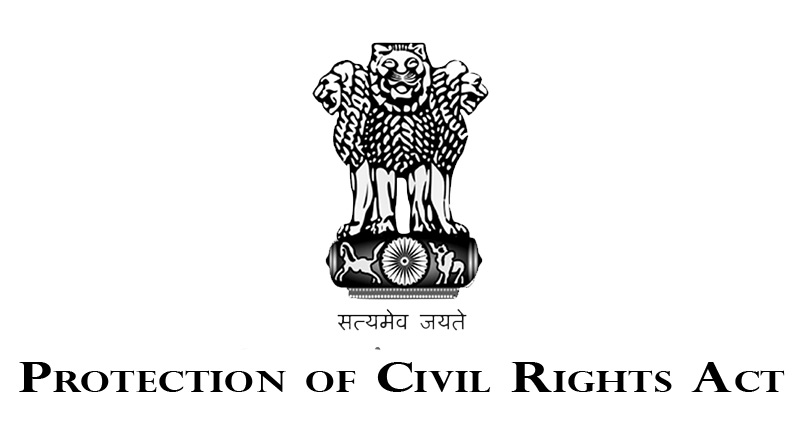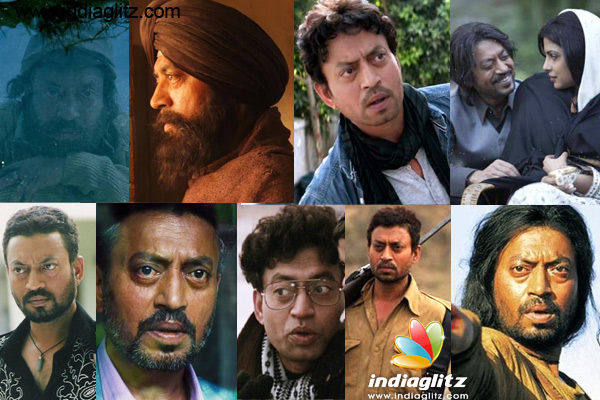The entire nation is shocked at the recent news about circumstances surrounding the suicide of a very great and humble actor Shushant Singh Rajpoot. Equally shocked and upset I am and I have a lot to say about the injustice and gamut of nepotism in the Bollywood, which I will express in a much detailed post.
Friends, last week I was suggested by one of my friends to watch a very interesting Tamil psycho-thriller Ratsasan of 2018. Initially, I thought it to be an ordinary murder-mystery based movie. But, believe me, this movie is a rare gem in the treasure of Indian film industry.
It has been directed by Ram Kumar and it features Vishnu Vishal and Amala Paul in the lead roles, while Saravanan Naan plays the role of the psychopath. Other actors include Kaali Venkat, and Ramdoss in supporting roles.
The plot of the movie is based on the unending murder spree of young school girls by a psychopath. Vishnu Vishal plays the role of a police officer, who also has interest in film direction.
The plot of the movie and its direction are piece of art. I will keep you stick to your couch. Every moment of the movie pops up a new twist.
A Memorable Villain.
 Before Ratsasan, I had never seen any of the movies starring Sarvanan. I, even hadn't heard his name. But watching his spellbound performance in the movie, my expectations are much high from him. In my opinion, he is one of the actors that can prove to be the legendary Joker (Heath Leger from the Dark Knight).
Before Ratsasan, I had never seen any of the movies starring Sarvanan. I, even hadn't heard his name. But watching his spellbound performance in the movie, my expectations are much high from him. In my opinion, he is one of the actors that can prove to be the legendary Joker (Heath Leger from the Dark Knight). In fact the get up of Sarvanan is unbelievable. In the entire movie, you will be wandering where he is. I would not spoil the surprise. However, I can share his real photo in this post.
In fact the get up of Sarvanan is unbelievable. In the entire movie, you will be wandering where he is. I would not spoil the surprise. However, I can share his real photo in this post.






















